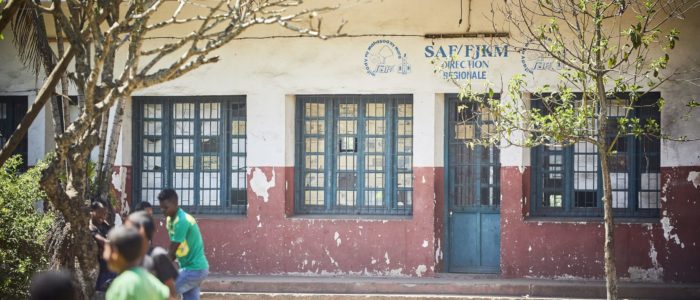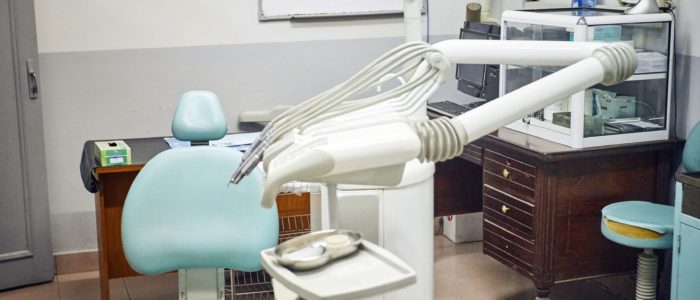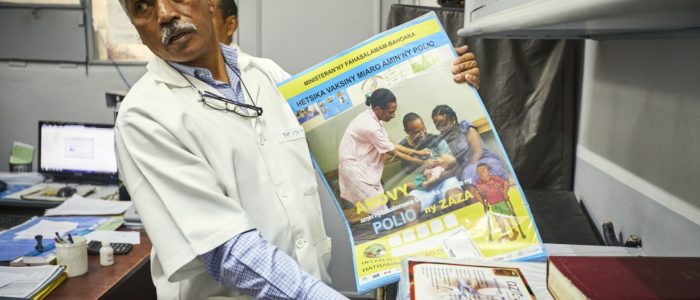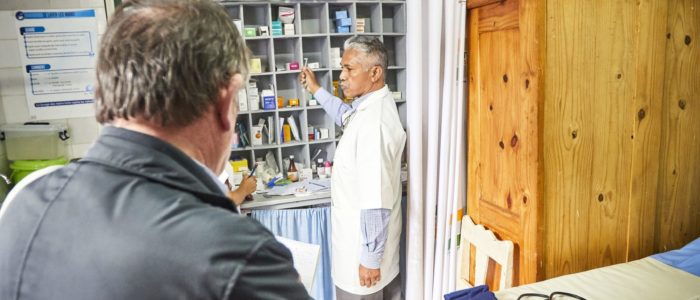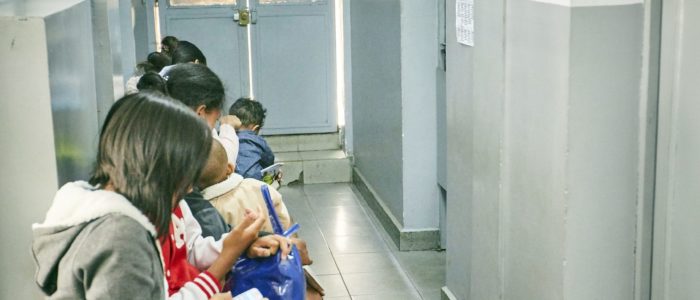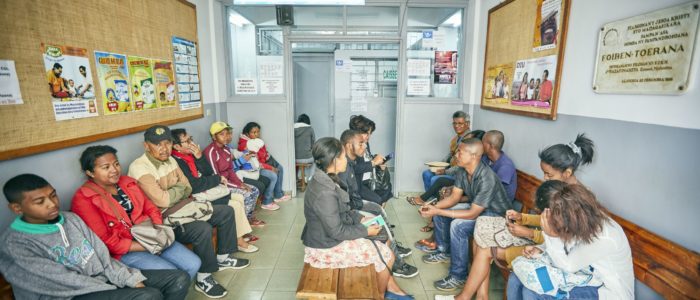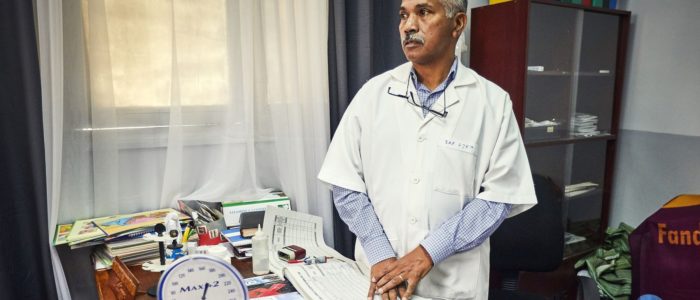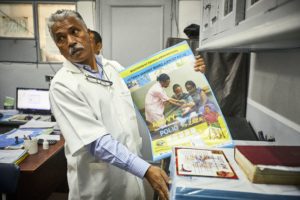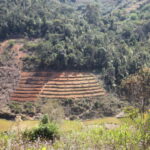SAF/FJKM Dispensary: surgery, dentist and pharmacy
‘Healthy people grow to their full potential.’
In the centre of the capital, as part of the offices of FJKM (Fiangonan’i Jesoa Kristy eto Madagasikara ), which stands for the Church of Jesus Christ in Madagascar, a pharmacy and dental clinic are run by an organisation called SAF (Sampan’Asa momba ny Fampandrosoana). SAF was set up as part of the FJKM development programme, to tackle the huge deficiencies in health care. In Madagascar, a population of 25,000,000 is served by just over 3,000 doctors and 5,500 nurses. Medical care is expensive, and beyond the financial reach of the average person. A course of antibiotics can cost as much as a fortnight’s wages for an ordinary worker.
SAF has a plan to set up pharmacies across the country, where ordinary people can go and see a doctor for 10% of what they would have to pay at a normal surgery. The medication is also cheaper. They now have a network of 36 pharmacies, 3 of them in the capital.
There is no free health service in Madagascar, and what SAF offers is a far cheaper medical service, i.e. a consultation and medication from SAF costs £2.20, compared to £11 at a private surgery, and use of the ultrasound camera costs £1.75, compared to £4.50 at a private surgery.
SAF recruits doctors, nurses or midwives, and provides a suitable building, 6 months’ supply of basic medication and supervisory support. By charging small fees for consultations and medication the medical staff can support their families, renew their stock of medication and ensure an important community service which is sustainable and affordable.
The team at the main pharmacy is led by Dr Philipe Ramarosandratana, and includes 2 doctors, 2 nurses, a dentist and administrative staff. All the medical staff see 50-60 patients a day. Dr Philipe was Director of the Madagascar National Community Health Programme, but he left that post to come and work with SAF, and has been in charge of the main pharmacy for over 25 years. ‘It’s a pleasure and a privilege to work with the church’, he says, ‘I’m not motivated by earning money’.
The staff treat various diseases that are affecting adults and children, dress sores and wounds, provide medication for long-term illnesses, give vaccinations, run maternity clinics and provide advice on contraception, family planning and general medical advice. If more specialised treatment is required, patients are referred to hospital.
The maternity and contraception clinic is run by the maternity nurse, who carries out routine examinations and gives advice on family planning. The clinic has an ultrasound camera which was donated by a church in Korea. A new camera is needed, but that would cost around £5,000 (25 million Ariary). Post-natal clinics are also held, where advice is given on feeding and nutrition, with the aim of doing everything possible to ensure that the newborn baby survives and is protected from the children’s diseases which are still prevalent in the country. For example, Dr Philipe said he had seen 7 cases of polio during the past year.
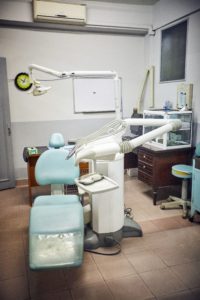 The main pharmacy offers a dental service, which is very rare in a country with only 57 dentists. The dentist is there 4 days a week, and the waiting room is overflowing on those days!
The main pharmacy offers a dental service, which is very rare in a country with only 57 dentists. The dentist is there 4 days a week, and the waiting room is overflowing on those days!
SAF place great emphasis on disease prevention in their work. They run a campaign for polio vaccinations, and prepared a special poster about it for schools and churches. Recently the pharmacy distributed information about the plague, and provided practical advice on how to ensure protection from it. Since malnutrition is a problem which affects around 51% of the population, SAF runs a National Nutrition Programme in the rural villages where they have pharmacies. They also work to raise awareness of common diseases such as TB and malaria, and provide advice on HIV and AIDS.
SAF now has independent NGO status, but the close relationship with FJKM continues. FJKM ministers and their families pay only for any medication given, and not for medical consultations, and retired ministers receive all this free of charge.
The greatest problems are a lack of funds, a shortage of medication, and qualified medical workers being lured abroad by higher salaries. However, the pharmacies make a crucial contribution to health in the communities of Madagascar. As Dr Philipe says, health care is high on people’s list of priorities, ‘Since healthy people grow to their full potential.’
SAF/FJKM Dispensary will receive a grant of approx. £27k from the appeal. To find out more about how this will be spent click here...
EXAMPLE COSTS
A 5-day course of antibiotics to protect an individual from the plague: £7.50
Click here for a short video about SAF Dispensary
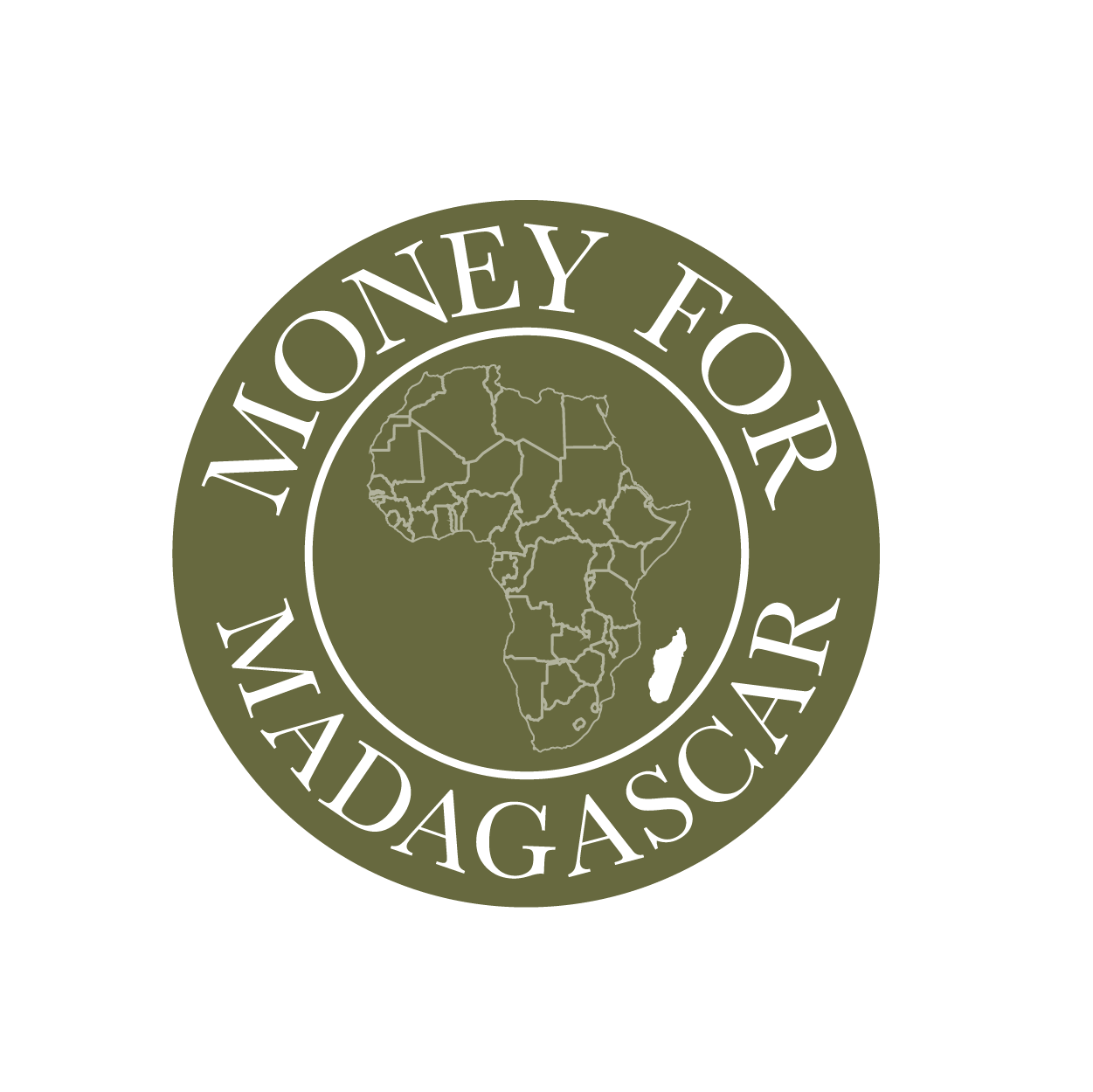

 Cymraeg
Cymraeg
